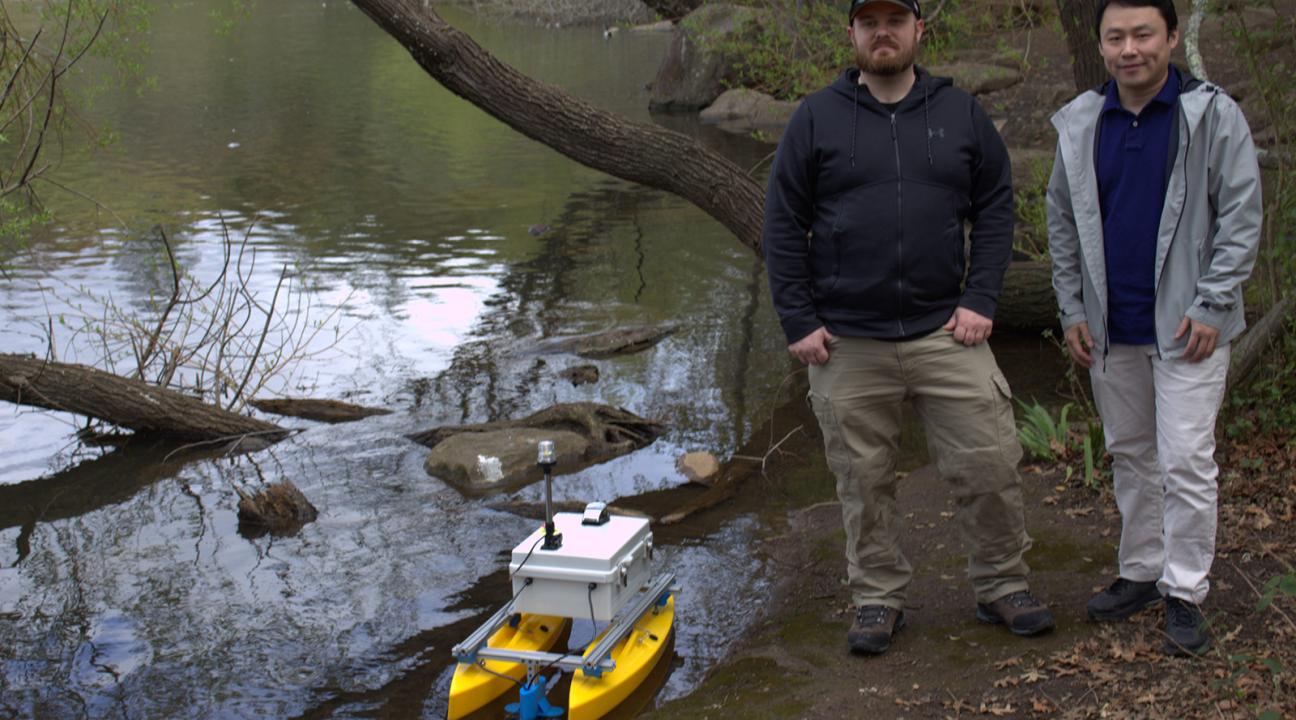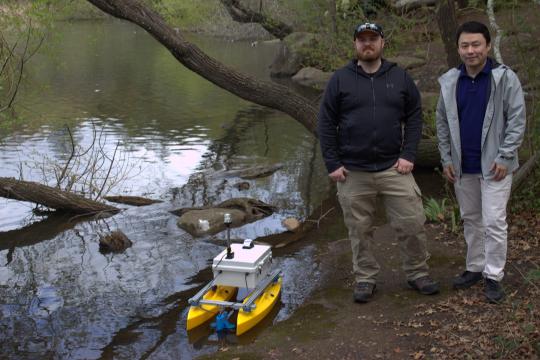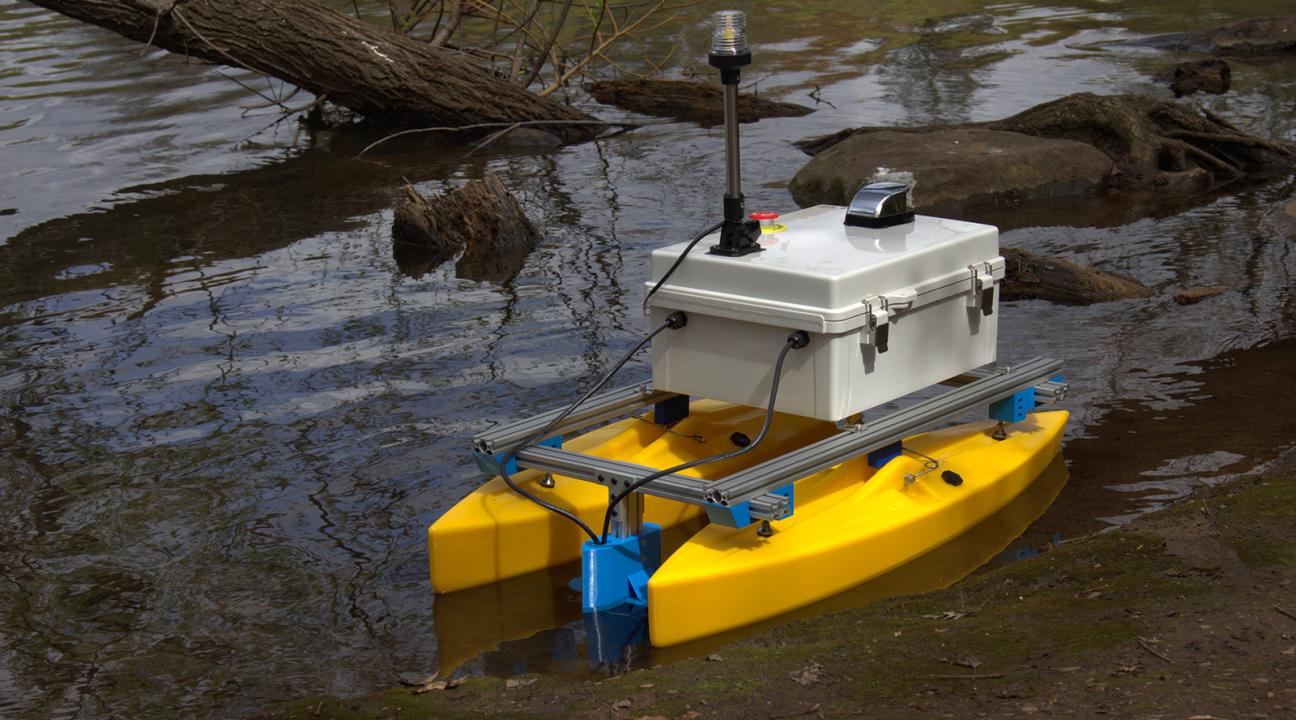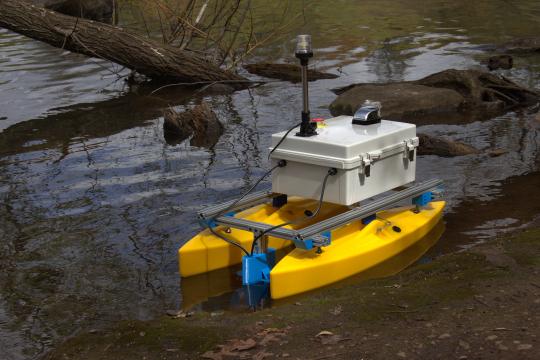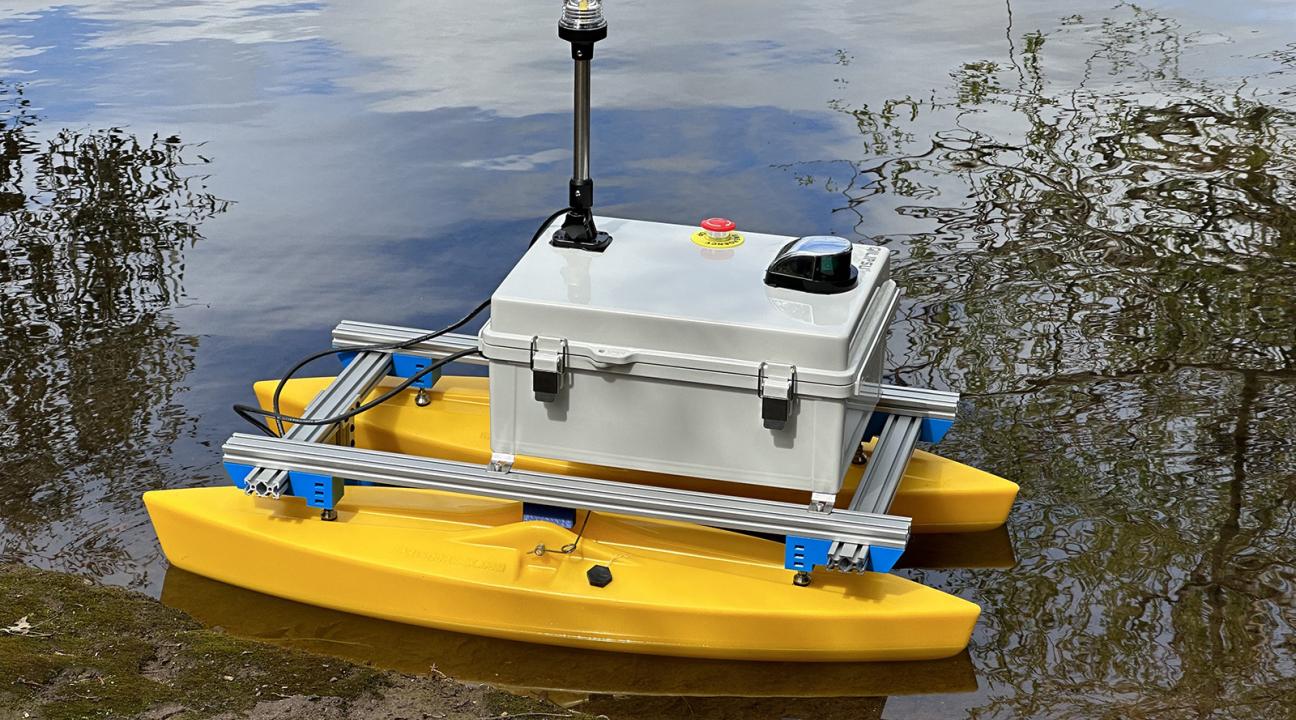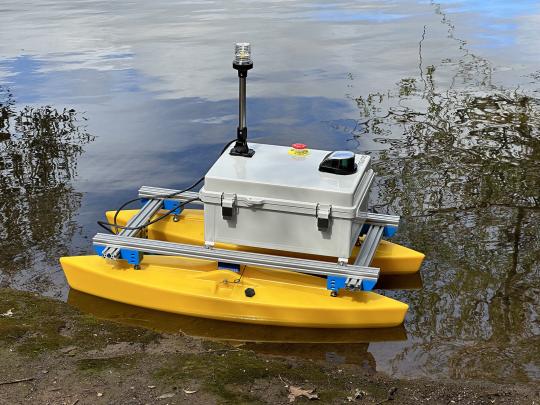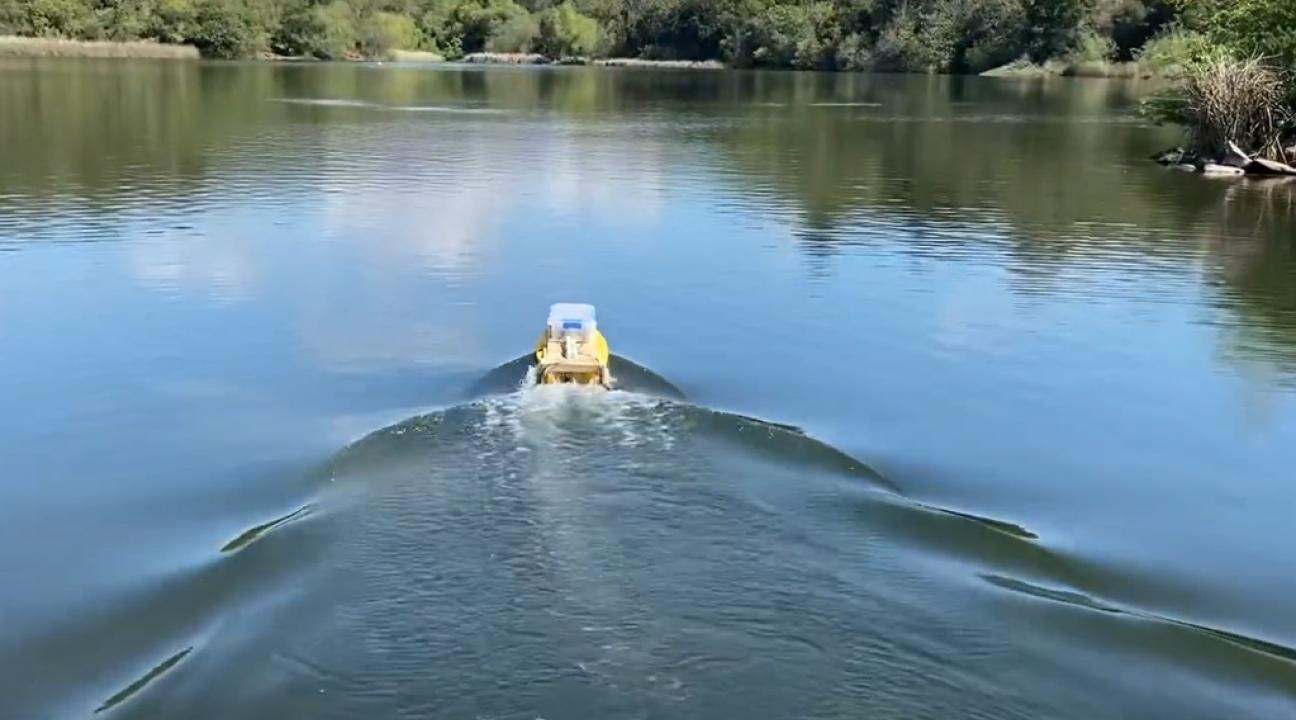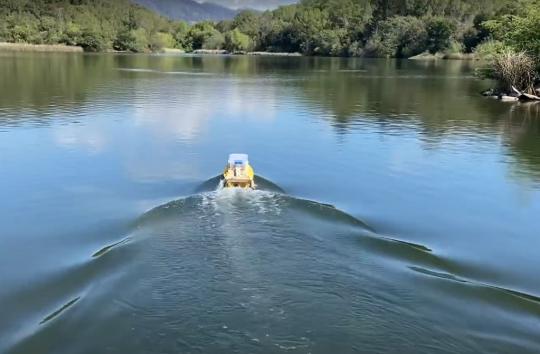SSU WATERS Grant Recipient Nansong Wu: Using Low-Cost Conductivity Sensors to Measure Salinity at Russian River Estuary
SSU’s Center for Environmental Inquiry congratulates several faculty members who have been awarded WATERS grants, made possible through a CEI partnership with Sonoma Water. We are profiling each recipient in a series of articles highlighting their work.
In this profile, we highlight the work of Engineering Associate Professor Dr. Nansong Wu, who is using WATERS funds to engage students in research designed to improve water quality along the Russian River. Wu's work has far reaching implications for the rich ecosystems that rely on the river to thrive.
Wu and his student researchers are exploring ways to measure the salinity of the Russian River estuary more regularly and at more locations than are currently being measured. “The collected data will be analyzed to provide a better understanding of the water quality and the sustainability of the Russian River estuary, and to support science-based advocacy efforts to protect this important ecosystem,” Wu said.
Until now, only a handful of sites have been tested, and consistency has been an issue. “This limitation poses a challenge to long-term assessment of the water quality (and) has the potential of omitting important water quality information,” said Wu. “To solve this problem, we will use our recently developed Unmanned Surface Vehicle (USV) to conduct automatic coverage of water bodies and obtain water quality data.” In addition, Wu and his student research time will “develop a salinity measurement system based on low-cost conductivity sensors."
Wu has made sure that students are involved at every phase of the project. “Students were involved in the design and development of the low-cost conductivity sensors that will be used to measure the salinity of the water, as well as development of autonomous unmanned surface vehicles (USVs) to collect water quality data,” he said.
This hands-on work with engineering design and development gives students valuable experience that they can take with them into their careers and lives. This “exposure to real-world environmental challenges and opportunities” will help these students “make a positive impact in their community and beyond,” said Wu.
In addition to benefiting students, Wu hopes this work will give environmental organizations science-based information to help them advocate for environmental protections that are critical to Sonoma County and the wider Northern California region.
“The project is important to the community because it aims to study and monitor the Russian River estuary, which plays a crucial role in supporting fish and wildlife, particularly salmonids,” said Wu. “The salinity of the water in the estuary changes with the tidal action and self-breach caused by rising water levels. This can impact the health and sustainability of the fish and wildlife that rely on the estuary as a nursery and for adaptation to changing saline conditions.”
To get involved with the Center; learn more about our programs, classes, or projects; or to donate, please contact Center Director Claudia Luke at [email protected](link sends e-mail) or visit cei.sonoma.edu.


